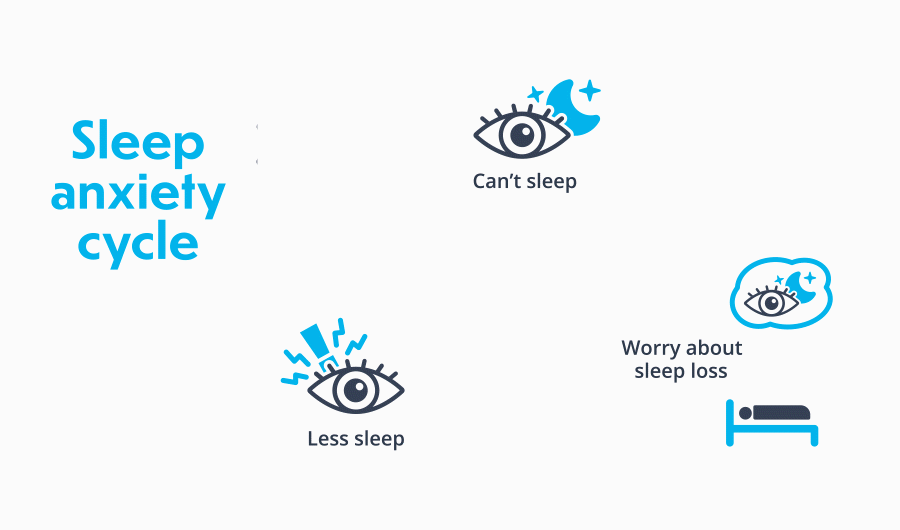
Being unable to sleep is a terrible feeling. You feel physically exhausted, mentally drained and helpless as you try to get a good night’s sleep. Most people have periods where they have difficulty sleeping, but how do you know if it’s insomnia?
While 30 percent of adults in the U.S. suffer from some form of insomnia during their lives, it can be challenging to know for sure if it is a consistent issue or a bump in the road.
The National Sleep Foundation defines insomnia as a chronic condition if it happens three nights per week for three months or longer.



